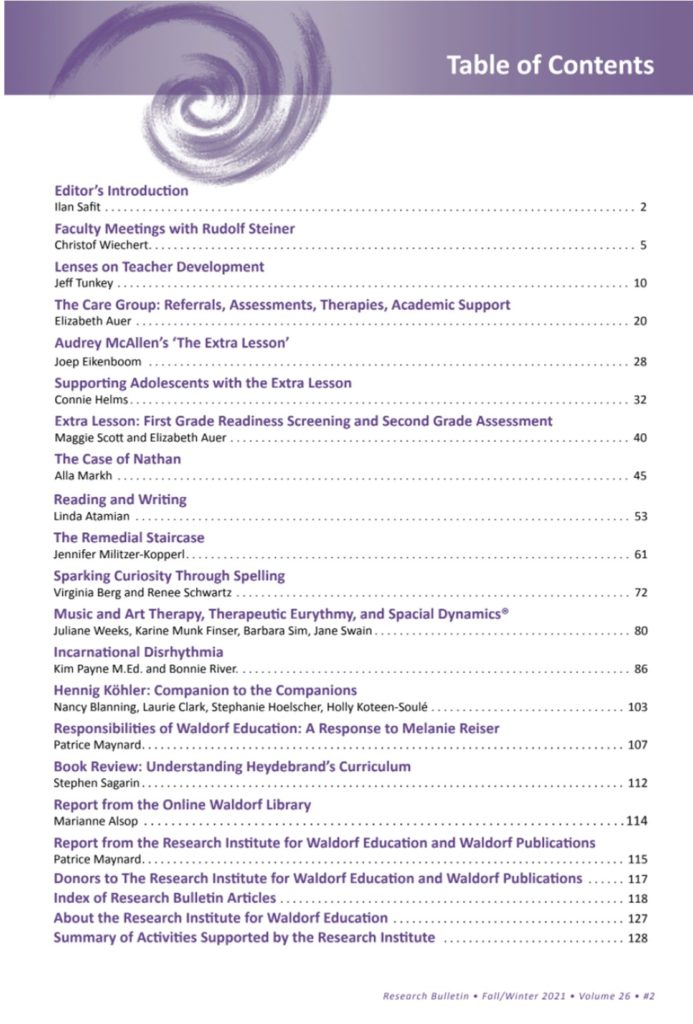What is Waldorf Education
The heart of the Waldorf philosophy is a belief that education is an art: we seek to understand each child as a unique thinking, feeling and willing individual. Independent Waldorf education also acknowledges that each child is a developing human being with their own capacities and potential. We strive to prepare each child to meet an ever-changing world with tools for life-long learning: mastery of academic skills, social and emotional intelligence, physical grace and agility, artistic sensibilities and spiritual awareness – appropriate for their age and developmental stage.
Waldorf pedagogy nurtures healthy emotional development by exploring subject areas experientially as well as academically.
We are part of a rapidly growing international community of independent schools that embrace Waldorf™ Education. These schools share a common philosophy that was initially developed by Austrian philosopher and scientist Dr. Rudolf Steiner in 1919. The groundwork for Anchorage Waldorf School was laid in 1988. It has since grown into an active and accomplished Waldorf school community, offering Waldorf education from pre-kindergarten through 8th grade.
People are usually drawn to the Anchorage Waldorf School because of the caring, personal atmosphere that is based on a deep understanding of the needs of the growing child.
What is Waldorf Education? - by Sunbridge Institute
Waldorf education begins with the premise that childhood is made up of three distinct stages of roughly seven years each—birth to age seven (early childhood), seven to 14 (middle childhood), and 14 to 21 (adolescence). Each stage shapes the way children feel about and approach the world—intellectually, emotionally, physically, and spiritually—which, in turn, shapes the way they learn. Waldorf educators believe that curricula and teaching methods should be appropriately tailored to these developmental stages, each evolving as childhood unfolds.
- Early Childhood – Develop the limbs through doing
- Middle Childhood – Develop the heart through imagination
- Adolescence – Develop the mind through discernment of the world
The Benefits of Waldorf Education
- Children enjoy an unhurried childhood.
- Learning is hands-on and age-appropriate.
- In-depth study enriches the learning experiences.
- Students learn how to take an active role in their own education.
- Waldorf schools produce well-rounded individuals.
- Waldorf-educated individuals have a lifelong passion for learning.
Research Institute for Waldorf Education's Research Bulletin - Fall/Winter 2021




